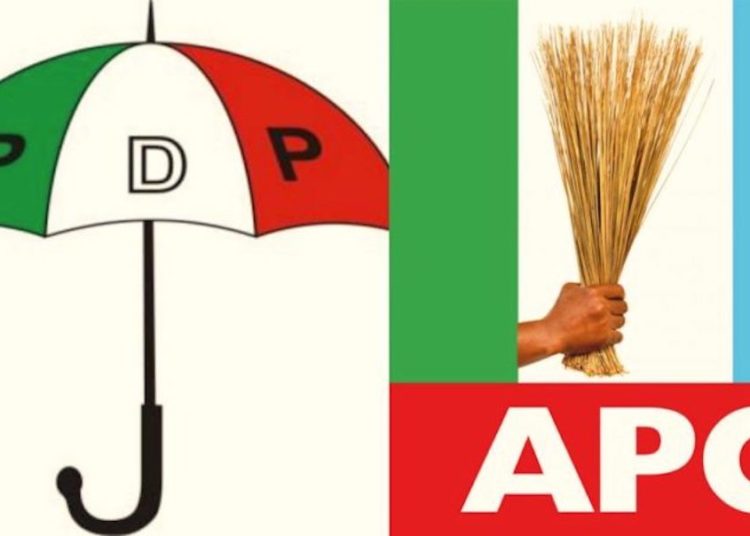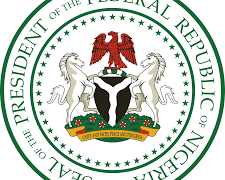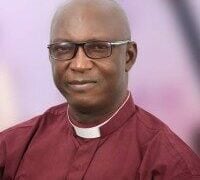One of the most troubling aspects of the recent wave of defections to the All-Progressives Congress (APC) is the apparent lack of any coherent ideological foundation driving these moves. Rather than being motivated by shared values, policy visions, or principled disagreements, many politicians seem to be switching allegiances primarily for personal gain, political survival, or access to power. This absence of a unifying ideology raises the risk that the APC, now absorbing diverse – and at times conflicting – interests, may become a battleground for ambitions and oversized egos. The resulting internal tensions could threaten the party’s cohesion and stability, potentially leading to an implosion as various factions, both original members and newcomers, jostle for dominance.
The irony is profound: the APC itself was born as an amalgamation of several opposition parties – a kind of Special Purpose Vehicle (SPV) – created to challenge and ultimately unseat the then-dominant Peoples Democratic Party (PDP). In 2015, the APC succeeded in stripping the PDP of its ruling mantle, presenting itself as a corrective force against the excesses and entrenched interests of the previous regime. Fast forward to today, the APC has effectively donned the very cloak that the PDP was disrobed of, transforming from a coalition of reform-minded opposition groups into the new locus of power, patronage, and political opportunism.
This transformation highlights a cyclical pattern in Nigerian politics, where parties rise not on the strength of their ideology or policy platforms, but on the ability to aggregate power through defections and alliances. The danger is that the APC, now swollen with defectors and lacking a clear ideological compass, may be plagued by infighting, conflicting ambitions, and the challenge of accommodating disparate interests. Without a common vision, the risk of fragmentation and eventual implosion grows, especially as the ambitions of both long-standing members and new entrants collide.
These trends are further exemplified by high-profile defections that often coincide with periods of heightened scrutiny or political vulnerability. For instance, the Delta State governor’s move to the PDP came shortly after the Economic and Financial Crimes Commission (EFCC) began investigating state finances and detained his influential ally, Ifeanyi Okowa, the PDP’s presidential candidate running mate in the 2023 elections. Similarly, the Cross River State governor switched allegiance amidst shifting political tides, while Peter Mbah of Enugu State and numerous legislators in the national assembly have also changed sides, underscoring how personal interests and survival frequently outweigh ideological commitments. Such defections reinforce the cycle where access to power and resources becomes the driving force, ensuring that the politically connected become even more entrenched, and the gap between the powerful and the rest widens.
Ultimately, these developments underscore the urgent need for political reforms that prioritize ideological clarity, internal party democracy, and principled leadership. Without these, Nigeria’s party system risks perpetuating a cycle of opportunistic realignments, undermining the prospects for genuine democratic consolidation and governance that reflects the country’s diverse aspirations.
Amid these developments, it’s important to note that allegations by some politicians that President Tinubu is steering Nigeria toward a one-party state are increasingly evident, yet there seems to be a collective indifference to the potential repercussions. One cannot help but hope that he is not drawing inspiration from the playbook of Paul Biya in Cameroon, our next-door neighbor, where consolidation of power has led to long-term stagnation and democratic erosion. The consequences for Nigeria could be dire, but the president appears unfazed by these warnings, raising serious concerns about the future of pluralism and democratic governance in the country.
For a pluralistic society as vast and diverse as Nigeria, the drift toward a one-party state poses existential dangers to national unity, democratic vibrancy, and social harmony. The suppression or marginalization of opposition voices erodes the very foundation of democracy, which thrives on healthy competition, accountability, and the representation of multiple interests. In such an environment, dissent is stifled, policy debates become mere formalities, and the ruling party’s dominance often translates into unchecked abuse of power and disregard for minority rights. The absence of robust opposition not only weakens institutional checks and balances but also fosters a climate where corruption, impunity, and authoritarian tendencies can flourish unchecked.
President Tinubu’s apparent single-minded pursuit of political consolidation, characterized by an indifference to the warning signs of creeping authoritarianism, is particularly alarming. His unwavering focus on entrenching the APC’s dominance, often at the expense of pluralism and fair political competition, suggests a willingness to sacrifice the principles of democratic governance for the allure of absolute control. Such a trajectory, if left unchallenged, risks turning Nigeria into a polity where diversity is suppressed rather than celebrated, and where the promise of inclusive, participatory governance gives way to the dangers of autocracy and stagnation. Ultimately, the erosion of pluralism would not only undermine Nigeria’s democratic experiment but also threaten the delicate social fabric that binds the country’s many ethnic, religious, and regional communities together.





